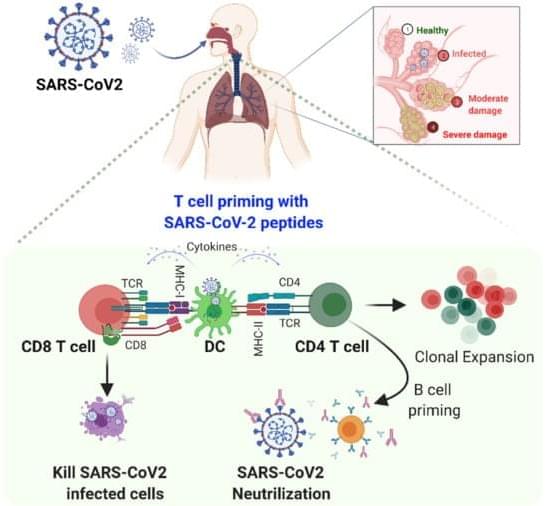Researchers at the Francis Crick Institute, the National Cancer Institute (NCI) of the U.S. National Institutes of Health (NIH) and Aalborg University in Denmark have found that vitamin D encourages the growth of a type of gut bacteria in mice which improves immunity to cancer.
Reported today in Science, the researchers found that mice given a diet rich in vitamin D had better immune resistance to experimentally transplanted cancers and improved responses to immunotherapy treatment. This effect was also seen when gene editing was used to remove a protein that binds to vitamin D in the blood and keeps it away from tissues.
Surprisingly, the team found that vitamin D acts on epithelial cells in the intestine, which in turn increase the amount of a bacteria called Bacteroides fragilis. This microbe gave mice better immunity to cancer as the transplanted tumours didn’t grow as much, but the researchers are not yet sure how.








